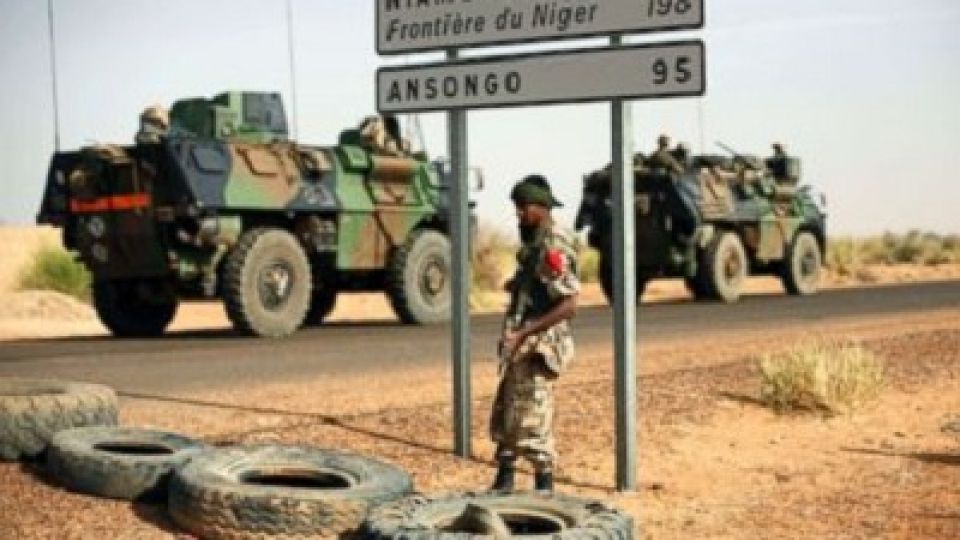from EMEKA OKONKWO in Abuja, Nigeria
Nigeria Bureau
ABUJA, (CAJ News) – THE decision to lift sanctions imposed on defiant members Burkina Faso, Guinea, Mali, and Niger is a culmination of the dilemma faced by the Economic Community of West African States (ECOWAS).
ECOWAS, headquartered in Nigeria, announced the decision on Saturday, which sees Africa’s most populous bloc quit its hardliner stance, in favour of dialogue and reforms by the above mentioned countries.
The crisis in the four countries following a string of coups posed a conundrum for the West African bloc, which while being the most populated, is becoming the most volatile in terms of unconstitutional change of governments.
The dilemma is that ECOWAS could maintain its hardliner stance and maintain sanctions, much to the sanctioned state forming a breakaway bloc, and culminating in the disintegration of the bloc. In addition, sanctions have worsened the humanitarian crises in the region and as blockades of essentials affect mostly the poor.
Another choice ECOWAS faced would be to abandon its hardliner stance, hope that the states it is sanctioning adopt reforms and return to constitutionality. The easing of sanctions is thus anticipated to influence the recalcitrant member states to reject their idea of the sanctioned countries so-called Alliance of Sahel States (AES), projected to be a breakaway from ECOWAS.
ECOWAS has opted for the latter, with Nigerian President, Bola Tinubu, who is the Chairman of the Authority of Heads of State and Government of ECOWAS, almost conceding, the sanctions, mostly on Niger, were an error.
Niger was the last of the defiant countries to suffer a coup when in July, the presidential guard removed and detained President Mohamed Bazoum.
The perpetrators of the coup defied ECOWAS and the international community, who demanded the reinstatement of Bazoum.
Not even the threat of invasion moved the military junta that masterminded a fifth coup in Niger.
Burkina Faso and Mali, already at loggerheads with ECOWAS over their own coups, warned against any military intervention and pledged their support to counterparts of Niger in the event of military action.
ECOWAS swiftly responded with sanctions, including the suspension of all commercial and financial transactions between its member states and Niger and the freezing of assets and travel restrictions for military personnel involved in the coup.
The Central Bank of West African States froze Niger’s accounts.
Tinubu, speaking at the Extra-ordinary Summit of ECOWAS in Abuja, said the bloc hoped the restrictions would persuade the junta to restore democratic governance.
“However, the sanctions that we contemplated might help lead our brothers to the negotiating table have become a harsh stumbling block,” he said.
“In my mind and heart, that which is hurtful yet ineffective serves no good purpose and should be abandoned,” Tinubu added.
He subsequently asked ECOWAS to facilitate the flow of foodstuffs, medicines and humanitarian items to sanctioned nations.
Nigeria is to resume power exports to Niger.
Insisting on dialogue, Tinubu said the lifting of sanction was “an important but initial step.”
“For these reasons, we must suspend sanctions and return to brotherly dialogue. I call on the leadership in Burkina Faso, Guinea, Mali, and Niger to embrace the hand extended,” he stated.
The non-governmental Technical Working Group (ITWG) on Social Protection in West Africa, welcomed the lifting of sanctions, which it believes will keep ECOWAS intact.
This amid plans by Burkina Faso, Mali and Niger to withdraw. The last withdrawal from ECOWAS was in 2000 when Mauritania left to join the Arab Maghreb Union.
“We believe that the heads of states (of sanctioned countries) will reciprocate this gesture by withdrawing their threat to leave the regional bloc completely,” ITWG convener, Taiwo Akerele, stated.
He also noted the economic impact of their exit from ECOWAS, regardless how they account to a tenth of the region’s GDP and comprising around 15 percent of the population of West Africa, estimated at 446 million.
A tense period awaits, as to how the military administrations would react but according to some analysts, the sanctioned countries have an upper hand, with a possibility to look to China and Russia for economic relief and military support respectively.
“They don’t need ECOWAS to survive. They need the USSR (Union of Soviet Socialist Republics) Russia and China to survive,” argued Charles Odinaka.
“Putting sanctions on the Sahel states is a waste of time. They can always sell their products outside ECOWAS,” Odinaka said.
Critics accuse ECOWAS of being under the “influence of foreign powers”, which as a detriment to efforts by these former French colonies to rid themselves of alleged neo-colonialism and continued dominance by France
Cameron Hudson reiterated the predicament awaiting ECOWAS with the lifting of sanctions.
The expert said ECOWAS was gradually losing its steam, and there is the danger of it being fragmented.
“There is also the concern that unless ECOWAS brings these countries back into the fold, there is the danger of coups spreading in West Africa,” Hudson said.
– CAJ News

